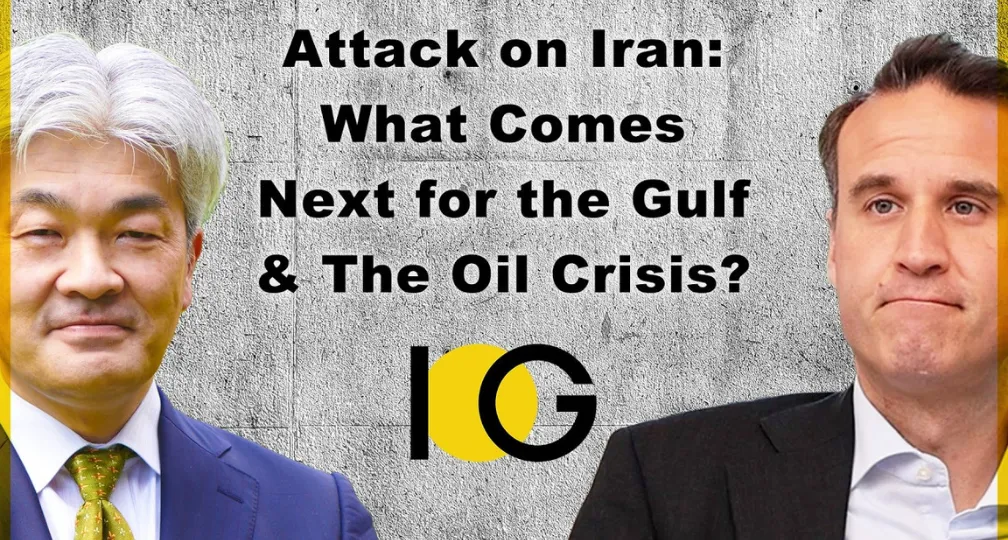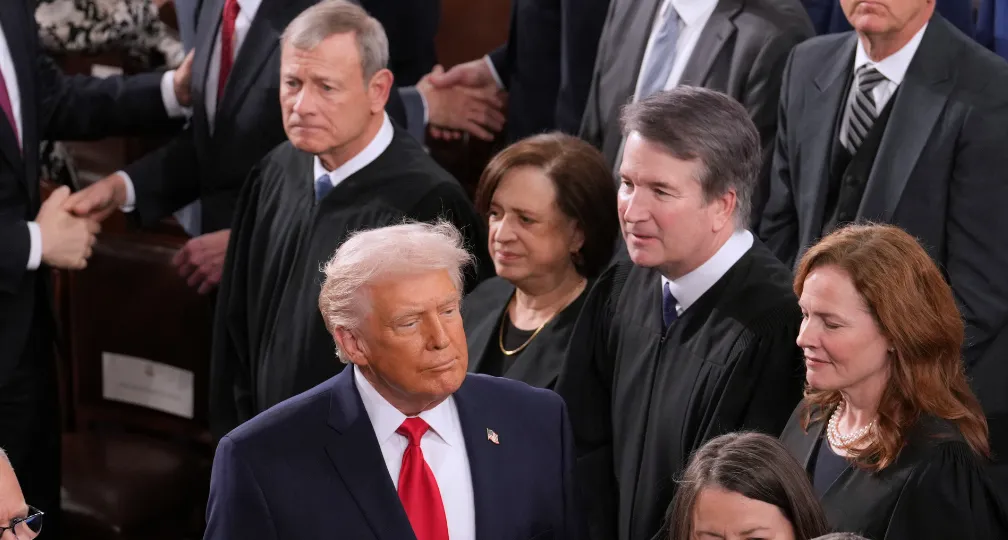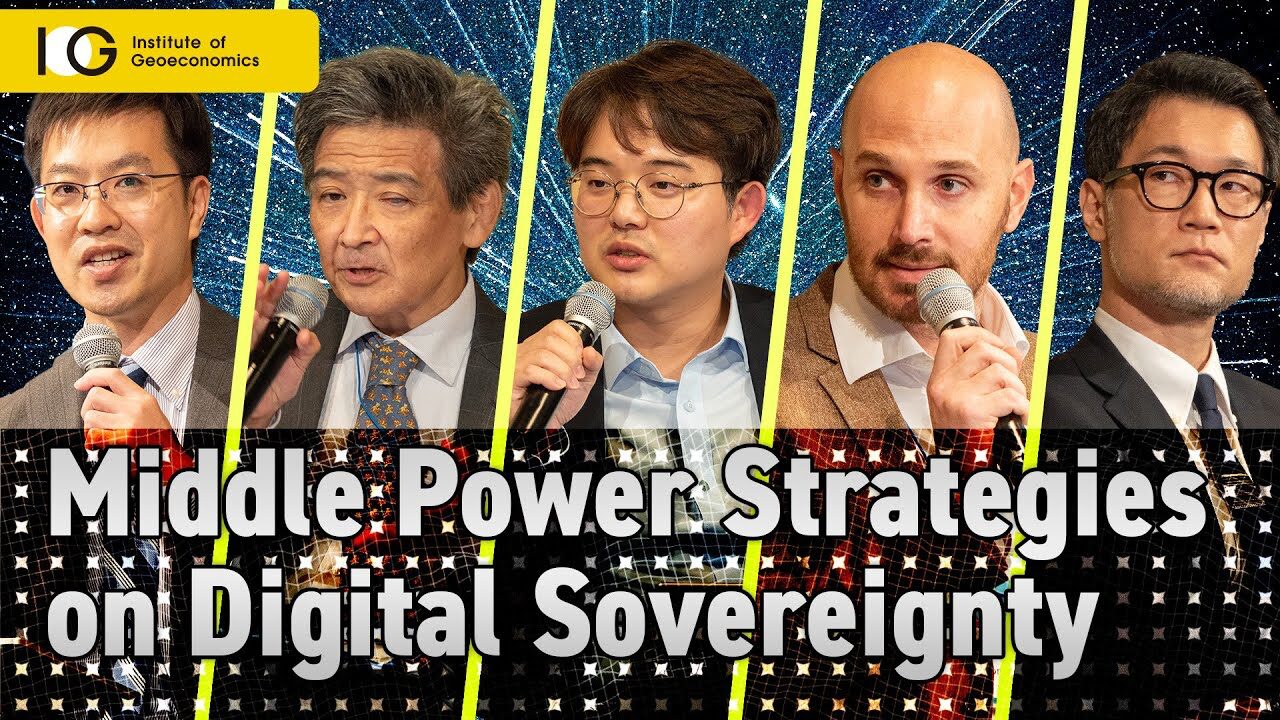【解読 トランプ政権】タリフマンの目指す先(動画・PDF)

- トランプは「非合理」な存在なのか
- トランプが関税政策で何を求めているのか
- 「相互関税」は本当に「相互」なのか
- なぜ関税なのか
- 「地経学」から見るトランプ政権
- 中国の報復関税
- 「マールアラーゴ合意」を目指した貿易・通貨戦略
YouTubeにて、地経学研究所のカピストラノ客員研究員と井上研究員補が「トランプ政権を解読する」というシリーズで7話のエピソードを公開しました。動画(英語)は以下にてそれぞれご覧いただけます。
①Is Trump irrational or a mastermind? (Deciphering Trump Administration)
②What does Tariff Man want (Deciphering Trump Administration)
③So called Reciprocal Tariffs (Deciphering Trump Administration)
④Why Tariffs? (Deciphering Trump Administration)
⑤What is the geoeconomic rationale (Deciphering Trump Administration)
⑥China China China (Deciphering Trump Administration)
⑦ “Mar A Lago” accord (Deciphering Trump Administration)
日本語訳(PDF)はこちらから
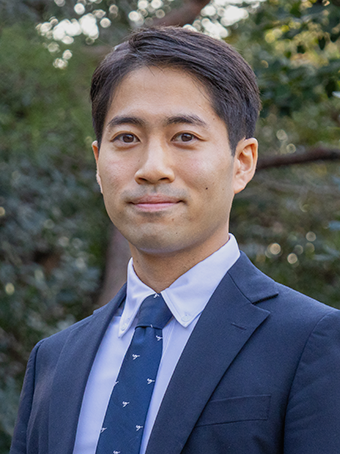
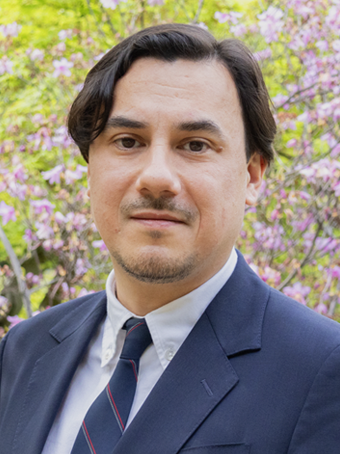

Research Fellow
Rintaro Inoue is a Research Fellow at the Asia Pacific Initiative (API) & the Institute of Geoeconomics (IOG), the International House of Japan (IHJ), a Tokyo-based global think-tank, where he focuses on U.S. security policy, the U.S.-Australia alliance, Japanese defense policy, and economic statecraft including defense industrial base policy. Prior to assuming his current position, he joined the Asia Pacific Initiative (API) as an intern and contributed to multiple projects including the Japan-U.S. Military Statesmen Forum (MSF). He is currently researching defense industrial policies of other countries in the International Security Order Group. He received his BA and MA in law from Keio University and is now a PhD student.
View Profile
Visiting Research Fellow
Andrew Capistrano is Director of Research at PTB Global Advisors, a Washington DC-based geopolitical risk consulting firm. Specializing in economic competition between the US/EU and China, he analyzes how trade, national security, and industrial policies impact markets, and his firm’s clients include Japanese corporations and government agencies. He previously worked in Tokyo at the US Embassy’s American Center Japan and as a research associate at the Rebuild Japan Initiative Foundation / Asia-Pacific Initiative. Dr Capistrano holds a BA from the University of California, Berkeley; an MA in political science (international relations and political economy) from Waseda University; and a PhD in international history from the London School of Economics. His academic work focuses on the diplomatic history of East Asia from the mid-19th to the mid-20th centuries, applying game-theoretic concepts to show how China's economic treaties with the foreign powers created unique bargaining dynamics and cooperation problems. During his doctoral studies he was a research student affiliate at the Suntory and Toyota International Centres for Economics and Related Disciplines (STICERD) in London.
View Profile-
 Attack on Iran: What Comes Next for the Gulf & The Oil Crisis?2026.03.02
Attack on Iran: What Comes Next for the Gulf & The Oil Crisis?2026.03.02 -
 The Supreme Court Strikes Down the IEEPA Tariffs: What Happened and What Comes Next?2026.02.27
The Supreme Court Strikes Down the IEEPA Tariffs: What Happened and What Comes Next?2026.02.27 -
 Fed-Treasury Coordination as Economic Security Policy2026.02.13
Fed-Treasury Coordination as Economic Security Policy2026.02.13 -
 What Takaichi’s Snap Election Landslide Means for Japan’s Defense and Fiscal Policy2026.02.13
What Takaichi’s Snap Election Landslide Means for Japan’s Defense and Fiscal Policy2026.02.13 -
 Challenges for Japan During the U.S.-China ‘Truce’2026.02.12
Challenges for Japan During the U.S.-China ‘Truce’2026.02.12
 Orbán in the Public Eye: Anti-Ukraine Argument for Delegitimising Brussels2026.02.04
Orbán in the Public Eye: Anti-Ukraine Argument for Delegitimising Brussels2026.02.04 Fed-Treasury Coordination as Economic Security Policy2026.02.13
Fed-Treasury Coordination as Economic Security Policy2026.02.13 India and EU Sign Mother of All Deals2026.02.09
India and EU Sign Mother of All Deals2026.02.09 When Is a Tariff Threat Not a Tariff Threat?2026.01.29
When Is a Tariff Threat Not a Tariff Threat?2026.01.29 Oil, Debt, and Dollars: The Geoeconomics of Venezuela2026.01.07
Oil, Debt, and Dollars: The Geoeconomics of Venezuela2026.01.07


